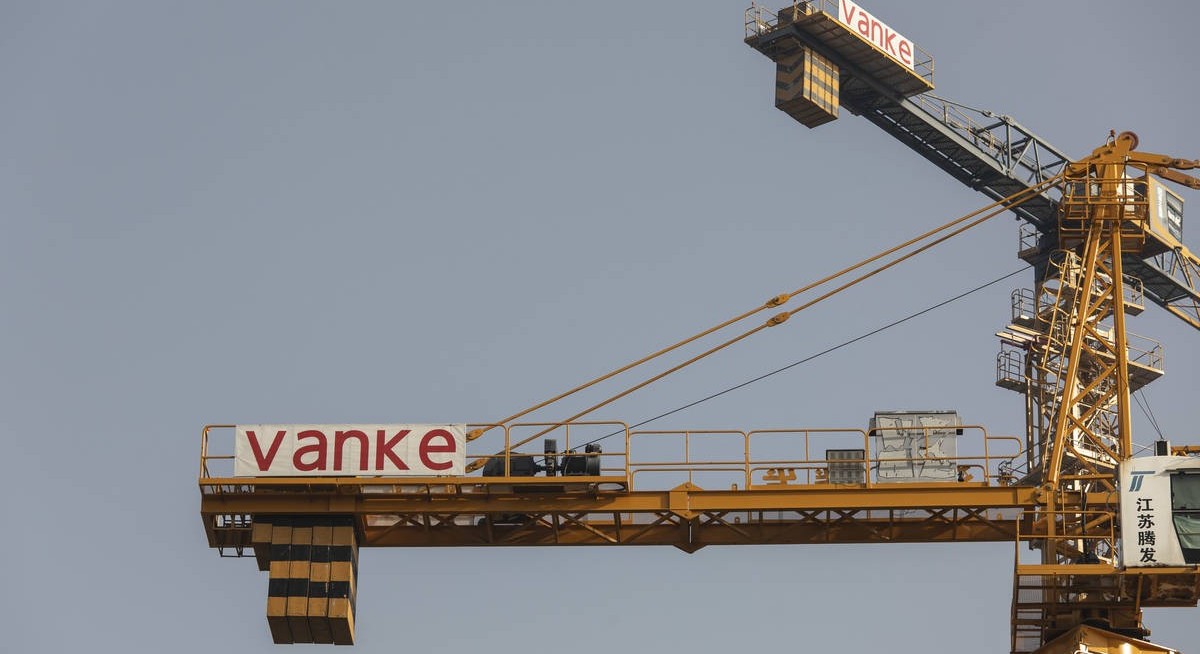One of the banks declined before Vanke sought to extend its bond and the other rebuffed the attempt on Thursday, following the bond announcement, the people said. Two other banks were reluctant to proceed, said other people familiar with the matter.
The response underscores waning support for one of the last big survivors of China’s years-long real estate crisis, which has fuelled around US$130 billion of defaults and dealt major damage to consumer confidence in the world’s second-largest economy. Vanke has become a crucial bellwether of Beijing’s willingness to support the battered real estate sector.
The loan talks were being led by Vanke’s largest shareholder, Shenzhen Metro Group Co, according to one of the people.
See also: CK Hutchison warns Maersk of legal action if it takes over Panama Ports
China Vanke and Shenzhen Metro didn’t respond to requests for comment.
Shenzhen Metro has extended about CNY30 billion in shareholder loans to the cash-strapped builder, a crucial funding source that helped Vanke repay bonds this year. But that lifeline was thrown into doubt earlier this month, after Shenzhen Metro signalled tighter borrowing terms for Vanke.
“The latest proposed onshore maturity extension implies that the funding tap from the Shenzhen government has indeed closed, and that the Shenzhen government is no longer willing or able to provide a backstop for Vanke’s debt,” said Leonard Law, a senior credit analyst at Lucror Analytics Pte Ltd.
See also: Be wary of China wolves bearing promises
Vanke has a CNY2 billion note due on Dec 15 and a CNY3.7 billion bond that matures on Dec 28, the first of a wave of maturities over the next 12 months.
The company said on Wednesday it would ask investors to accept delayed principal repayments on the Dec 15 note, without giving more details about the plan.
That ramped up pressure on bond and stock prices that had already plummeted this week. Vanke’s US$1 billion of dollar bonds that mature in 2027 plunged to 23 cents on the dollar on Thursday, bringing their losses to around 60% this week, according to Bloomberg-compiled data.
Vanke’s Hong Kong-listed shares dropped as much as 8.5%, hitting a record low before paring their losses.
China Vanke’s bond payment deadlines | |||
|---|---|---|---|
| Key dates | Ticker | Event | Principal (CNY) |
| 12/15/2025 | VANKE 3 12/15/25 | Maturity | 2 billion |
| 12/28/2025 | VANKE 3 12/28/25 | Maturity | 3.7 billion |
| 1/22/2026 | VANKE 3.98 01/22/28 | Next put date | 1.1 billion |
| 4/23/2026 | VANKE 3.11 04/23/26 | Maturity | 2 billion |
| 5/12/2026 | VANKE 3.1 05/12/26 | Maturity | 2 billion |
| 5/20/2026 | VANKE 3.7 05/20/28 | Next put date | 566 million |
| 6/15/2026 | VANKE 3.07 06/15/26 | Maturity | 2 billion |
Uploaded by Tham Yek Lee





